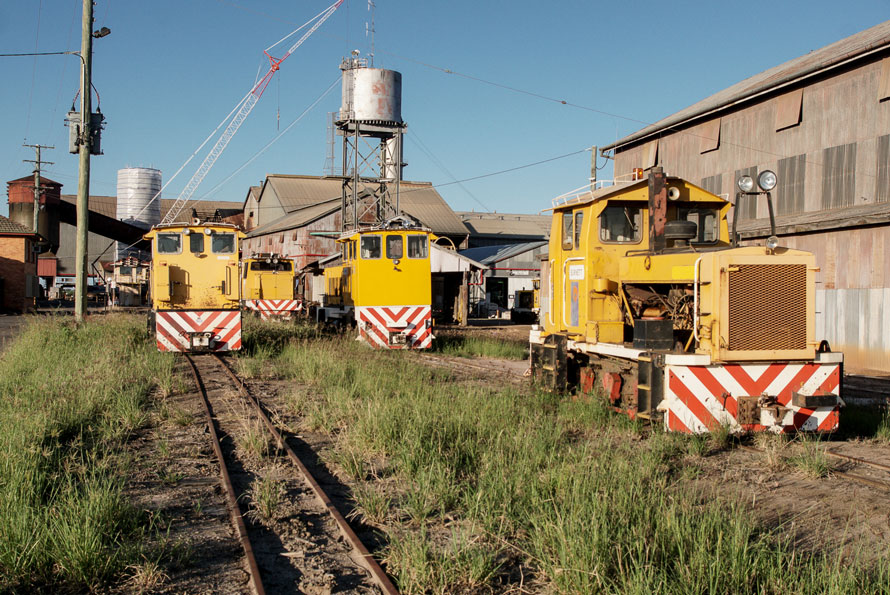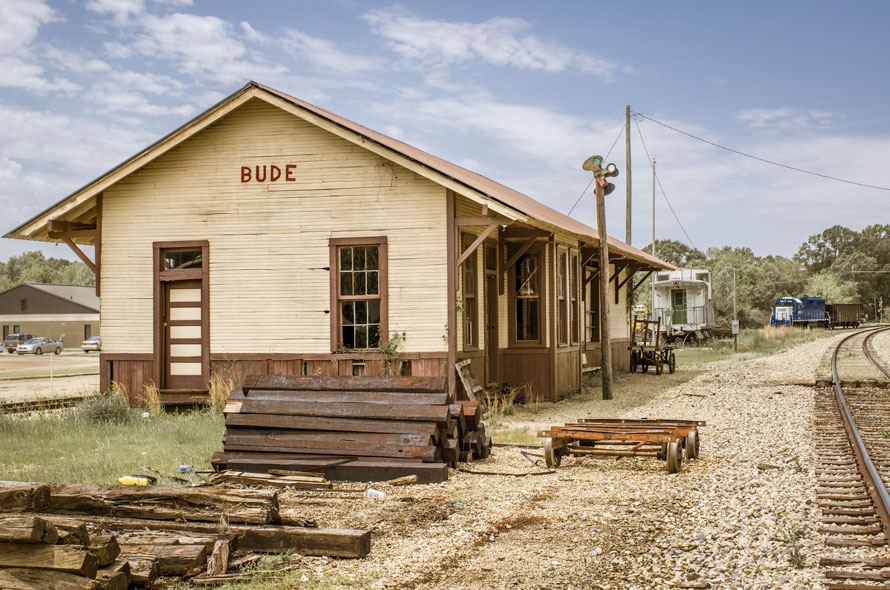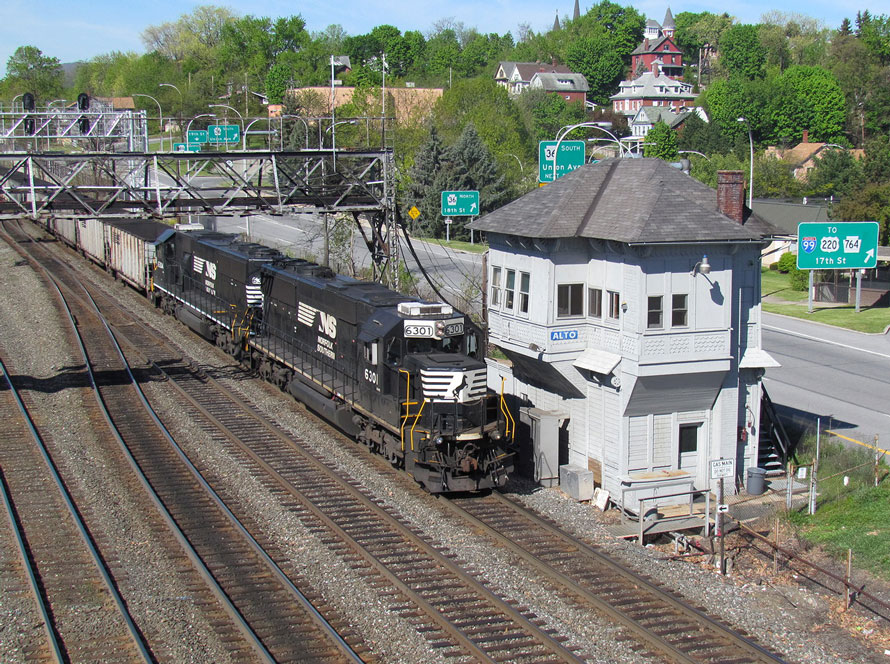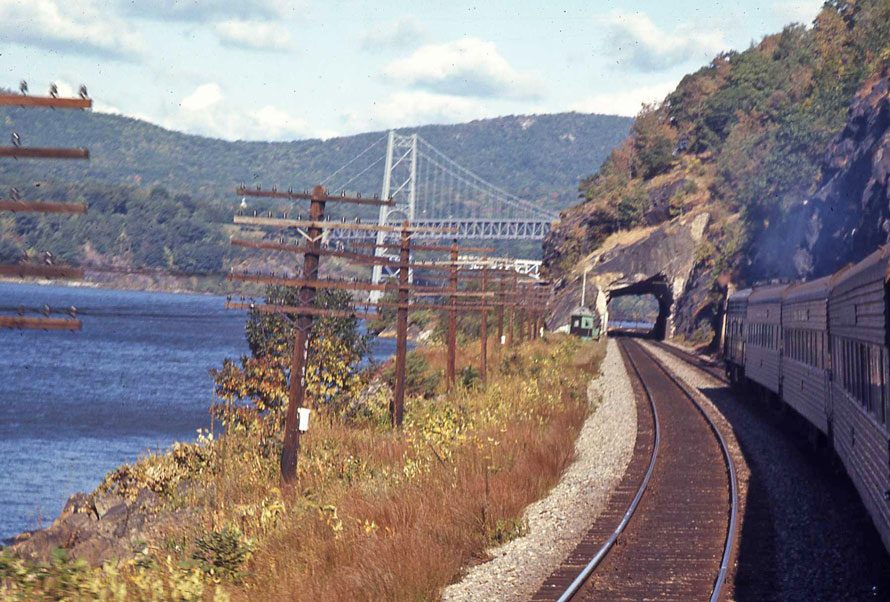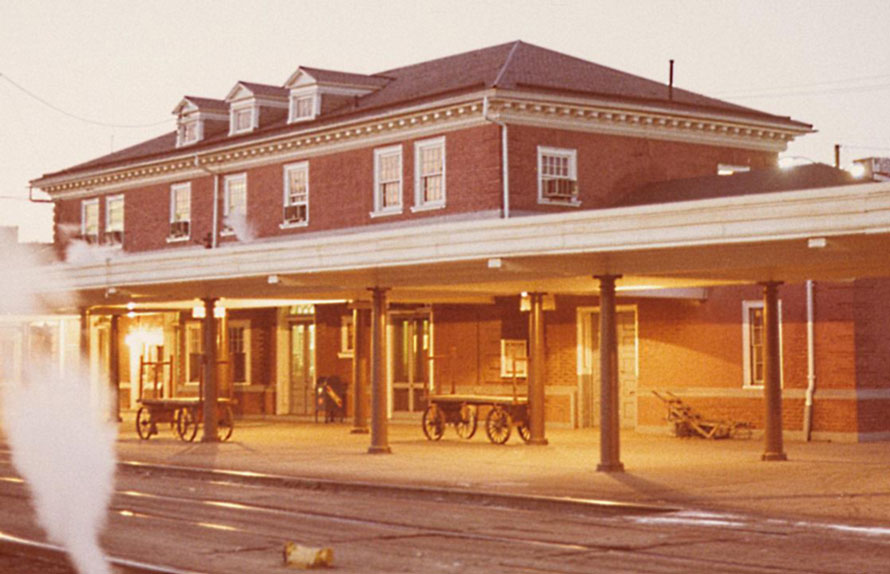Part Two
Piedmont Subdivision
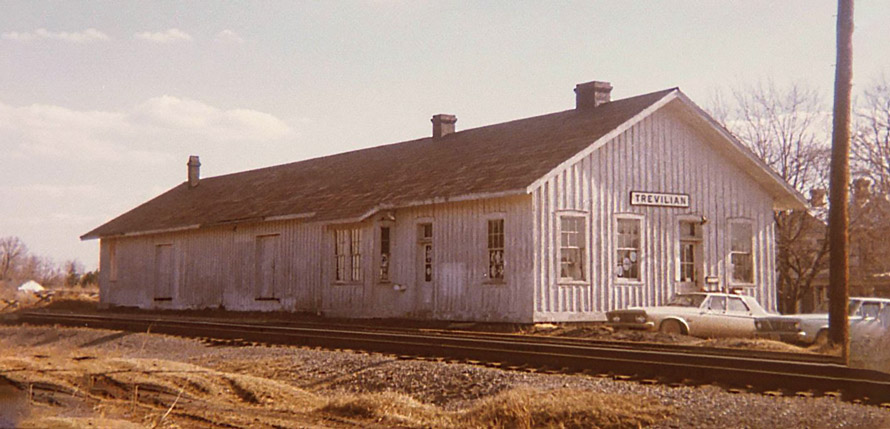
Trevillian, Pendleton, Buckner, Doswell, Hanover, and Ellerson
Trevillian was a larger wooden depot with the town post office inside the former waiting rooms. I am uncertain what may have been stored in the freight room. Local lore was that the station building was used as a hospital during the civil war, but I am uncertain whether it was the one shown above or an earlier structure.
Pendleton was a closed agency with doors wide open. My understanding is that the agent at Mineral had spent a few hours there daily until the North Anna Power Station at Frederick Hall increased traffic, so that Pendleton became a non-agency station. I retrieved a tariff case from the depot which now resides at Boyce. Read more
